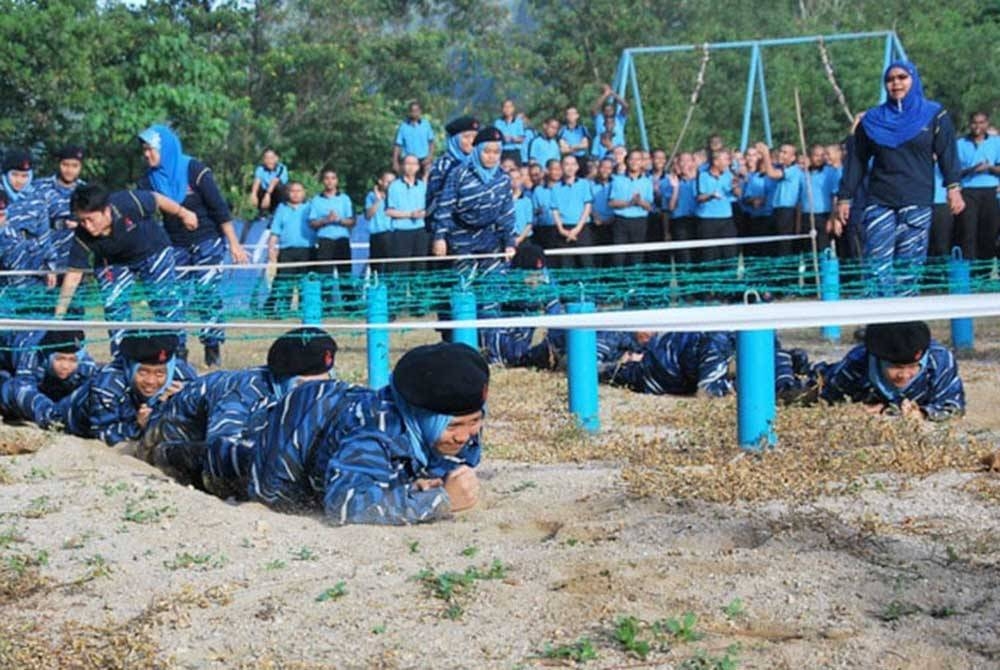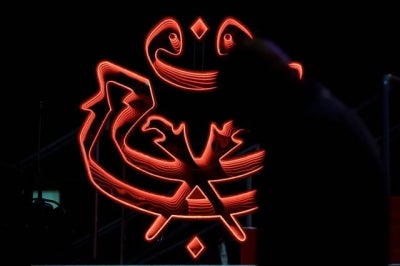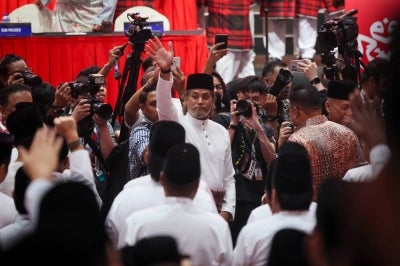Why the fuss about PLKN?
MUHAMMAD FUAD MAT NOOR
A FEW months ago, the Defence Ministry announced that the government had agreed to reintroduce the National Service Training Programme (PLKN), now known as PLKN 3.0, with new methods in line with the National Service Training Act 2003 (Act 628).
This announcement reversed the earlier cancellation of the programme in August 2018 when a Cabinet meeting immediately decided to discontinue it, except for the National Civics Bureau (BTN).
At that time, the Youth and Sports Minister reportedly said that the decision was made because PLKN and BTN had been misused for indoctrination purposes.
The perceived excessive financial cost, reaching up to RM8.43 billion over 14 years, contributed to the programme's termination.
Notably, 43 per cent of the expenses were attributed to camp rentals, unrelated to curriculum content, identity-building syllabi and national spirit enhancement.
Tragically, even in isolated cases, corruption related to PLKN camp management was reported, tarnishing the programme's objectives and values.
Recently, a local daily published an article on its readers' opinions regarding PLKN 3.0.
A Facebook survey involving 3,112 individuals found that 67 per cent, or 2,085 people, disagreed with the implementation of PLKN 3.0.
The reasons varied, with some citing excessive financial waste and weak management by PLKN authorities as leading to unwarranted incidents.
A recurring question emerges: Is the government ready to bear the costs of PLKN, even though it is claimed not to incur high expenses like before, considering the current uncertain economic situation?
Logically, those opposed to PLKN 3.0 argue that the allocation would be better directed towards the welfare of the people first. Once the country's economy has recovered, the programme can be reintroduced.
Scientifically, based on facts and free from emotional and political influences, PLKN is crucial for the country, especially for the youth.
It must be acknowledged that the failure of PLKN is not due to the programme itself but more to the governance and management by individuals or political leadership (at that time or in the future) entrusted to shape the programme.
As mentioned earlier, the 2018 Cabinet meeting found that PLKN had been misused for indoctrination by vested and powerful interests.
The effectiveness of the programme in shaping the minds of youth regarding national spirit (non-partisan) has been proven through various studies.
Unfortunately, a significant portion of this country's population is known for lacking engagement with scientific material, making it easily influenced by platforms like TikTok, Facebook and YouTube.
In 2016, a research paper titled 'Penghayatan Semangat Patriotisme Belia Malaysia: Kajian Ke Atas PLKN' (Understanding the Spirit of Patriotism in Malaysian Youth: A Study on PLKN) was published in the electronic journal Research Journal of Social Sciences under the auspices of the American-Eurasian for Scientific Information (AENSI).
The study, conducted by four PhD holders from four higher education institutions, stated that before undergoing PLKN training, 73 per cent of trainees or respondents had feelings of love for their country, while the rest were uncertain.
After three months of training, the trainees showed quite positive developments, with 91.5 per cent of the total respondents providing positive answers.
This nearly 20 per cent improvement demonstrates the effectiveness of the PLKN programme.
Once again, the problem with PLKN is not due to the programme itself but rather the groups or individuals responsible for implementing its content and management.
How can PLKN 3.0 succeed if the benchmarks set by PLKN 1.0 and 2.0 are not addressed when good governance, integrity, and financial management are just lip service, akin to 'planting sugarcane on the riverbank'?
Muhammad Fuad Mat Noor is a defence analyst and has received the Best Journalist Award from the Malaysian Ministry of Defence in 2003, 2004, 2006, and 2007.
Download Sinar Daily application.Click Here!














